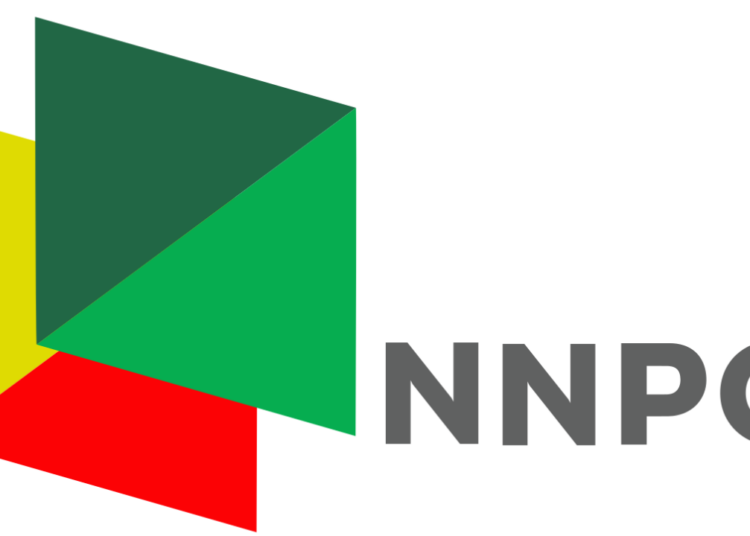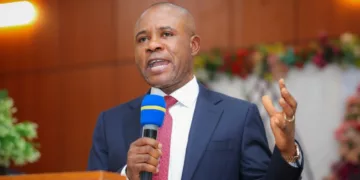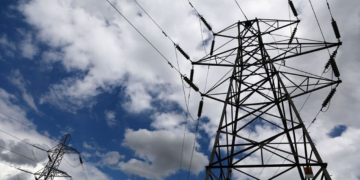Nigerians have missed massive infrastructure development due to the protracted fuel subsidy regime in the country, the Nigerian National Petroleum Company Limited (NNPCL) has said.
The NNPC disclosed that the federal government spends as much as N4.8 trillion yearly on fuel subsidy at the expense of the overall wellbeing of the Nigerian people.
Giving an analysis of the opportunity cost of the subsidy spending in Abuja yesterday, Senior Business Advisor to the GCEO, NNPCL, Mr. Lawal Musa said the amount spent on fuel subsidy payment can provide Nigerians basic infrastructures including 7,500 kilometres of road network every year at N400 million per kilometre; 37 well-equipped 120 Beds Tertiary Health Centres every year at N452 billion per hospital, among others.
Musa, in his presentation during a joint National Association of Nigerian Students (NANS)/Civil Society Organisations sensitization workshop on the operations of the NNPCL, in Abuja, said the cost of fuel subsidy far outweighs the direct benefits particularly to the masses.
According him, deregulation of petrol can deliver up to 500,000 new houses, provide additional 27,000 megawatts of electricity to Nigerians and also educate and skill up to two million students at all levels.
Nigeria is the largest producer of crude oil in Africa, possessing 28 per cent of Africa’s reserve, with petroleum contributing significantly to the country’s economy.
However, the benefits derived have over the years been eroded due to the amount paid on subsidy, a regime has been fuelling the vicious circle of poverty in the country.
Musa noted that petrol sells lowest price in Nigeria among most African countries despite the average cost of $2.7 per litre globally, which amounts to up N570 per litre.
Earlier, Chief Strategy and Sustainability Officer of the NNPCL, Mrs Oritsemeyiwa Eyesan, who gave an overview of the New NNPC and its vision for the future, said the new entity is now incorporated as a commercial company to be run like any other private company in the country, following the promulgation of the Petroleum Industry Act (PIA) 2021.
Represented by Mr Vincent Ogbu, her Business Advisor, Eyesan said NNPC’s strategic ambition is driven by three mandates – attain ‘profitability’ and ensure energy security’, while ‘future proofing’ the organization.
Also speaking, NNPCL group chief communications officer, Garba Deen Muhammad, said the NNPC is engaging with students as critical stakeholders in the new organisation which now belongs to over 200 million Nigerians including the Nigerian students.
On his part, national president of NANS, Usman Barambu, thanked the NNPC for the workshop to enlighten the students on the new structure and operations of the oil company and said they will continue to engage with the company for the better good of students and Nigerians
We’ve got the edge. Get real-time reports, breaking scoops, and exclusive angles delivered straight to your phone. Don’t settle for stale news. Join LEADERSHIP NEWS on WhatsApp for 24/7 updates →
Join Our WhatsApp Channel










